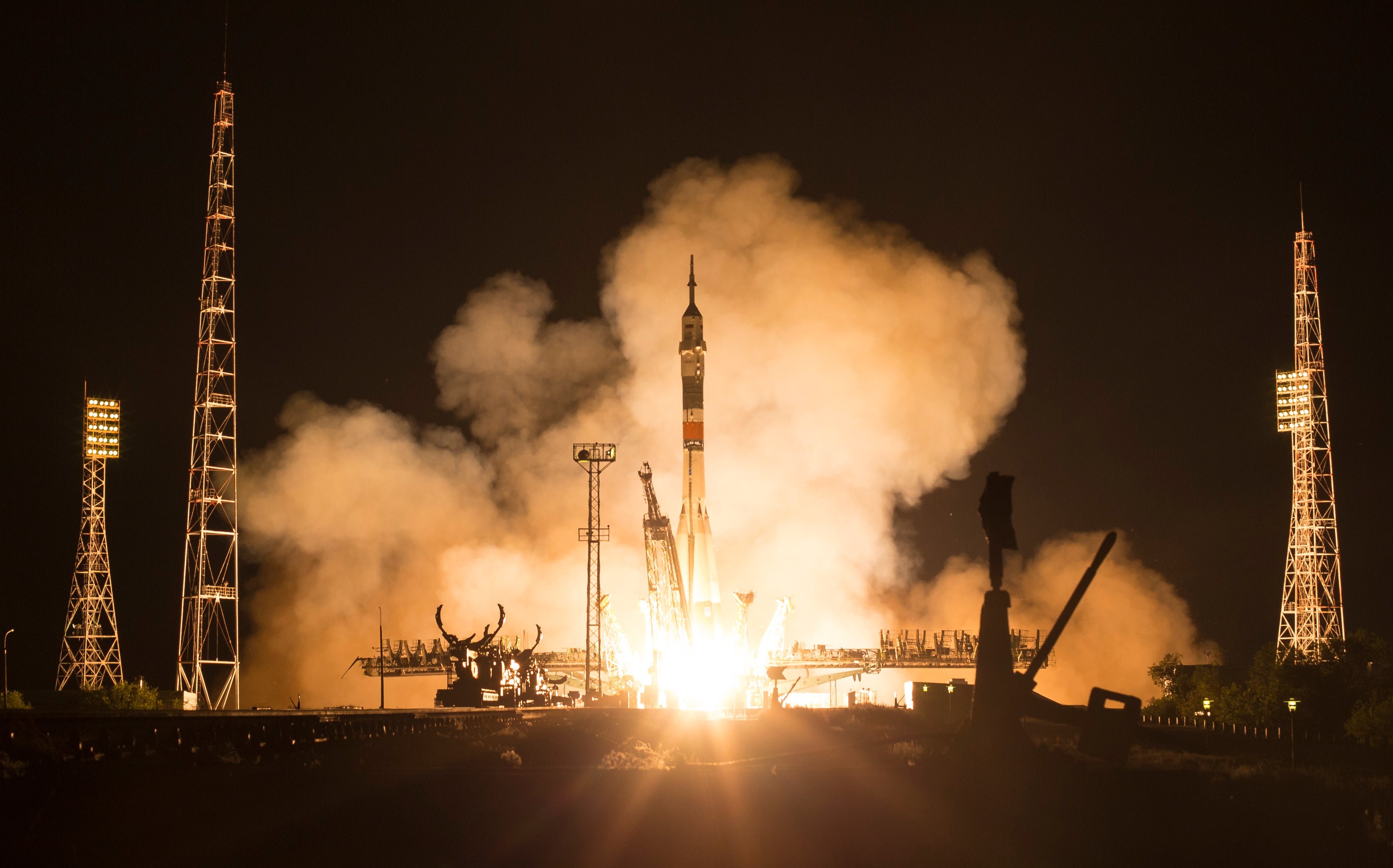European Space Agency needs astronauts ‘of any age and walk of life’ for new moon missions
Candidates will need at least a master’s degree and three years’ experience in natural sciences, medicine, engineering, mathematics or computer sciences

Your support helps us to tell the story
From reproductive rights to climate change to Big Tech, The Independent is on the ground when the story is developing. Whether it's investigating the financials of Elon Musk's pro-Trump PAC or producing our latest documentary, 'The A Word', which shines a light on the American women fighting for reproductive rights, we know how important it is to parse out the facts from the messaging.
At such a critical moment in US history, we need reporters on the ground. Your donation allows us to keep sending journalists to speak to both sides of the story.
The Independent is trusted by Americans across the entire political spectrum. And unlike many other quality news outlets, we choose not to lock Americans out of our reporting and analysis with paywalls. We believe quality journalism should be available to everyone, paid for by those who can afford it.
Your support makes all the difference.The European Space Agency is looking for its next astronaut from the UK or Ireland for upcoming missions.
After an intensive training, which includes a three-week course in caving and a course in practical geology, the new astronauts will take their first flights into space when they are deployed to the International Space Station.
They are likely to be part of the crew on the next missions to the moon in the late 2020s and through the 2030s.
ESA is also issuing a special call for candidates with physical disabilities to apply to its astronaut reserve.
The pilot project aims to open the astronaut career path to people who, until now, have been excluded from space flight, including shorter people or with a lower limb deficiency.
The ESA will invest in adapting space hardware to ensure that the person chosen will be able to serve as crew members on the mission.
While experience of the space sector is not essential, candidates will need a master’s degree (or higher) and a minimum of three years’ experience in natural sciences, medicine, engineering, mathematics or computer sciences. Fluency in English is essential along with other requirements.
The right candidate will be calm under pressure and be willing to participate in life science experiments. In the past, experiments have included studying the effects of microgravity on human bone and tissue.
“Over the next few years and decades, space exploration will become even more exciting as we travel back to the moon and even further to Mars”, Major Tim Peake said.
“For space missions to succeed, they require highly motivated people from diverse backgrounds to combine their skills and work as a team.
“The next generation of UK citizens have so much to offer the world, and so I would encourage anyone who has dreamt of pushing the boundaries of what is possible to take this opportunity to be part of ESA’s future cohort of space pioneers.”
Applications will open on March 31 and stay open for two months.
There will then be a 17-month process of screening, psychological, practical, and psychometric testing, medical selections and two interview selections until the final applicants will be appointed and announced in October 2022.
“Becoming an astronaut is a dream for many, and Tim Peake’s historic mission to space in 2015 showed millions of Brits that it can become a reality, while putting the UK firmly on the map as a leading space-faring nation”, Science minister, Amanda Solloway, said.
“With the UK space sector receiving more Government backing than ever before, it’s time for a new generation of British astronauts to answer this call as we continue working with our European partners to push the boundaries of science and exploration even further.”
Elsewhere, a scheme to boost the UK’s space businesses, and alert more firms to the possibilities space-related enterprise can bring is set to be launched by the UK Space Agency.
The up to 10-week business accelerator programme, delivered in partnership with business growth experts from Entrepreneurial Spark and the University of Strathclyde, offers free virtual sessions to help companies with their sights set on space to make progress.
The scheme, which will get under way in early March, aims to find entrepreneurs from a wide range of sectors to strengthen the UK’s space industry infrastructure.
Additional reporting by Press Association

Join our commenting forum
Join thought-provoking conversations, follow other Independent readers and see their replies
Comments